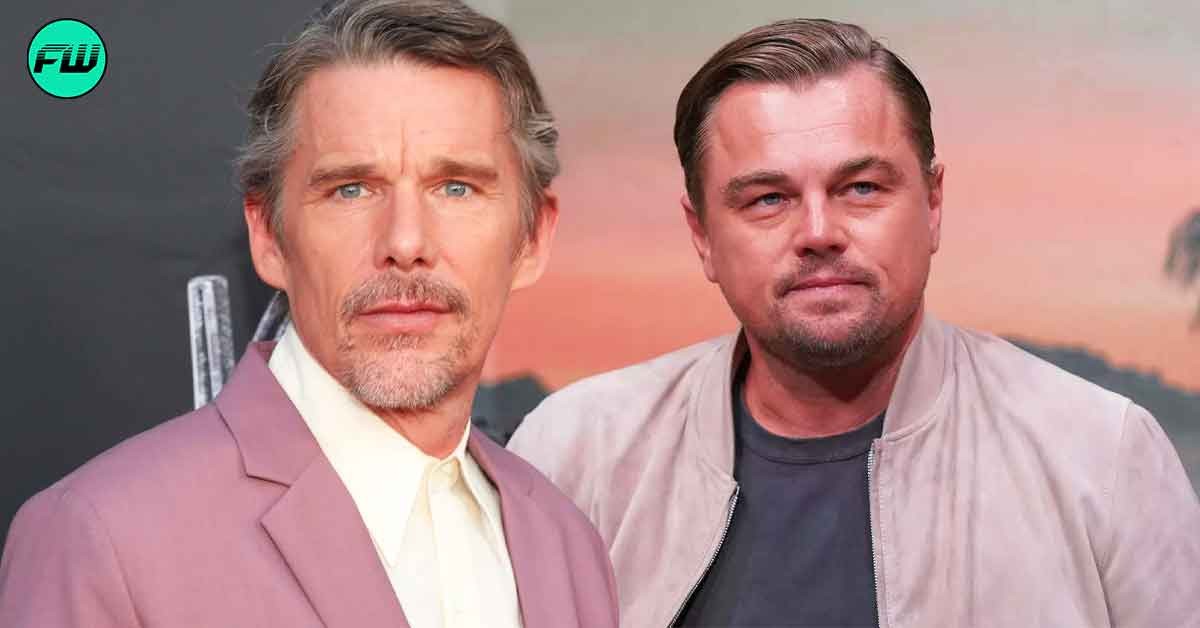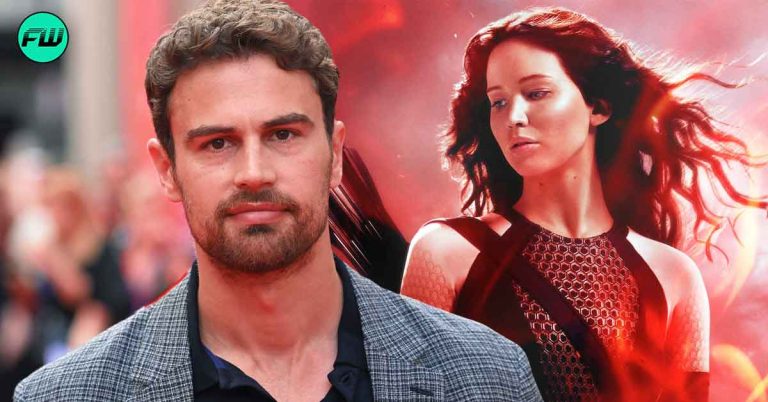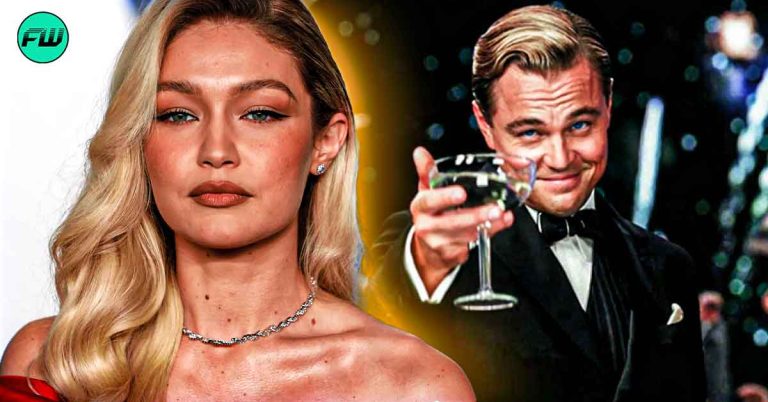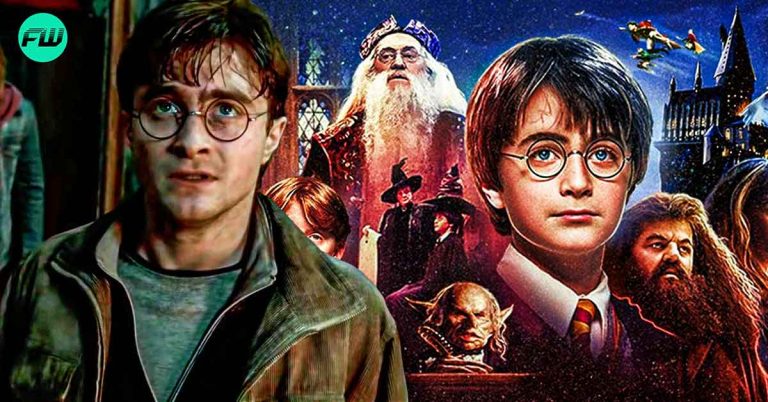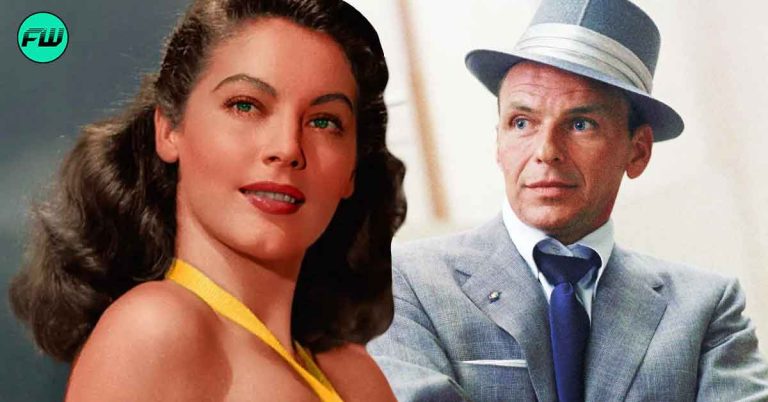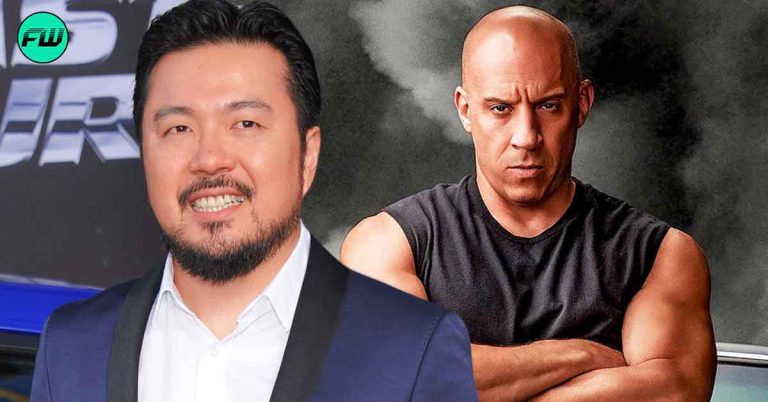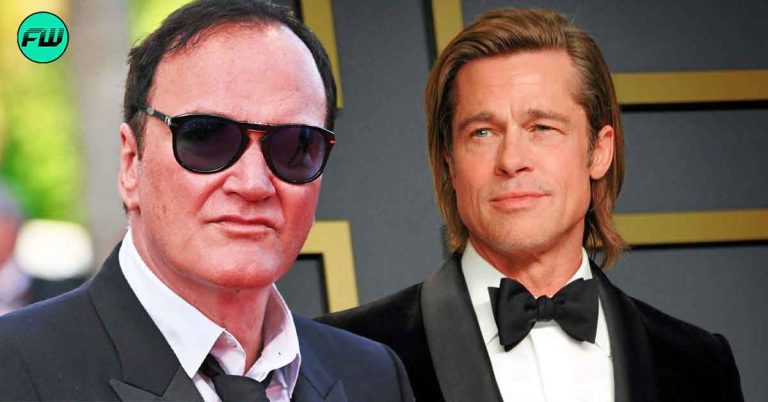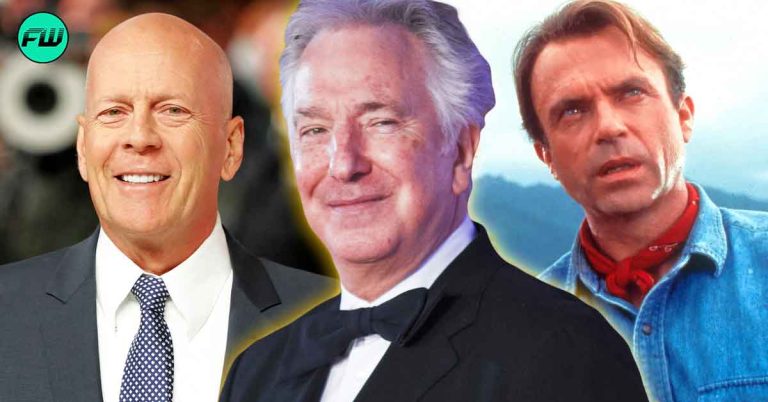The Wolf of Wall Street (2013) is an amazing movie based on Jordan Belfort’s book. This timely movie delves into the shady aspects of the financial world. However, it might not sit well with those who lost money in the real events.
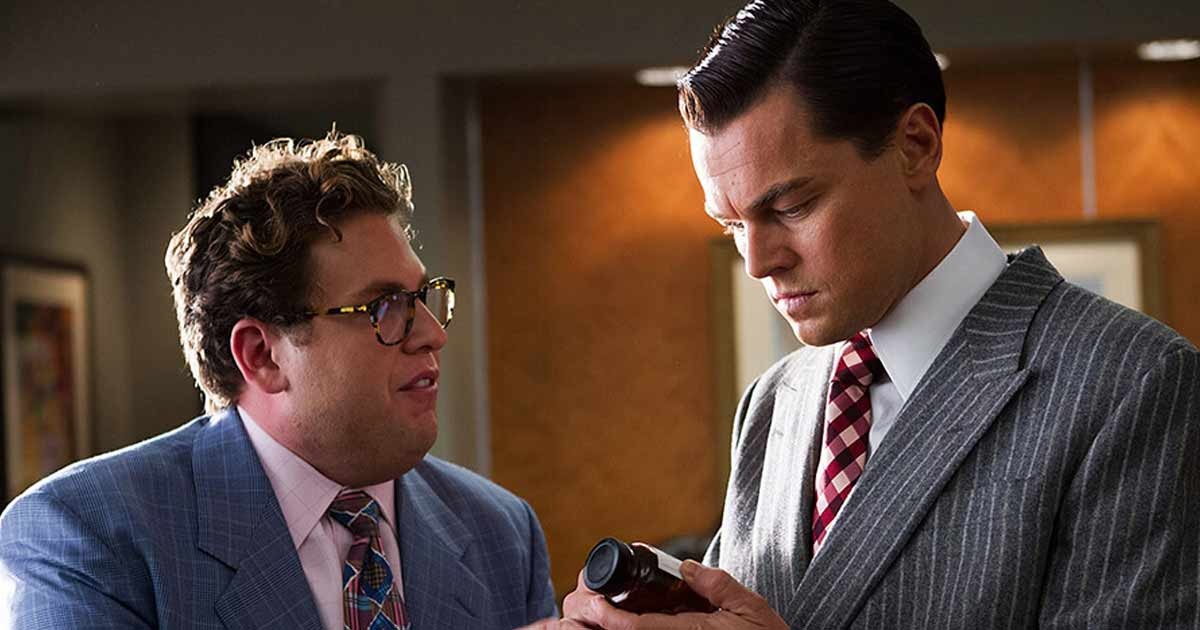
The film tracks Belfort’s journey, played by Leonardo DiCaprio, from a rookie stockbroker to the leader of Stratton Oakmont, a major OTC stockbroking firm in the United States. The Wolf of Wall Street received recognition from many critics and appeared on numerous top ten lists for movies released in 2013.
Lionardo DiCaprio’s The Wolf of Wall Street Bothered Ethan Hunt
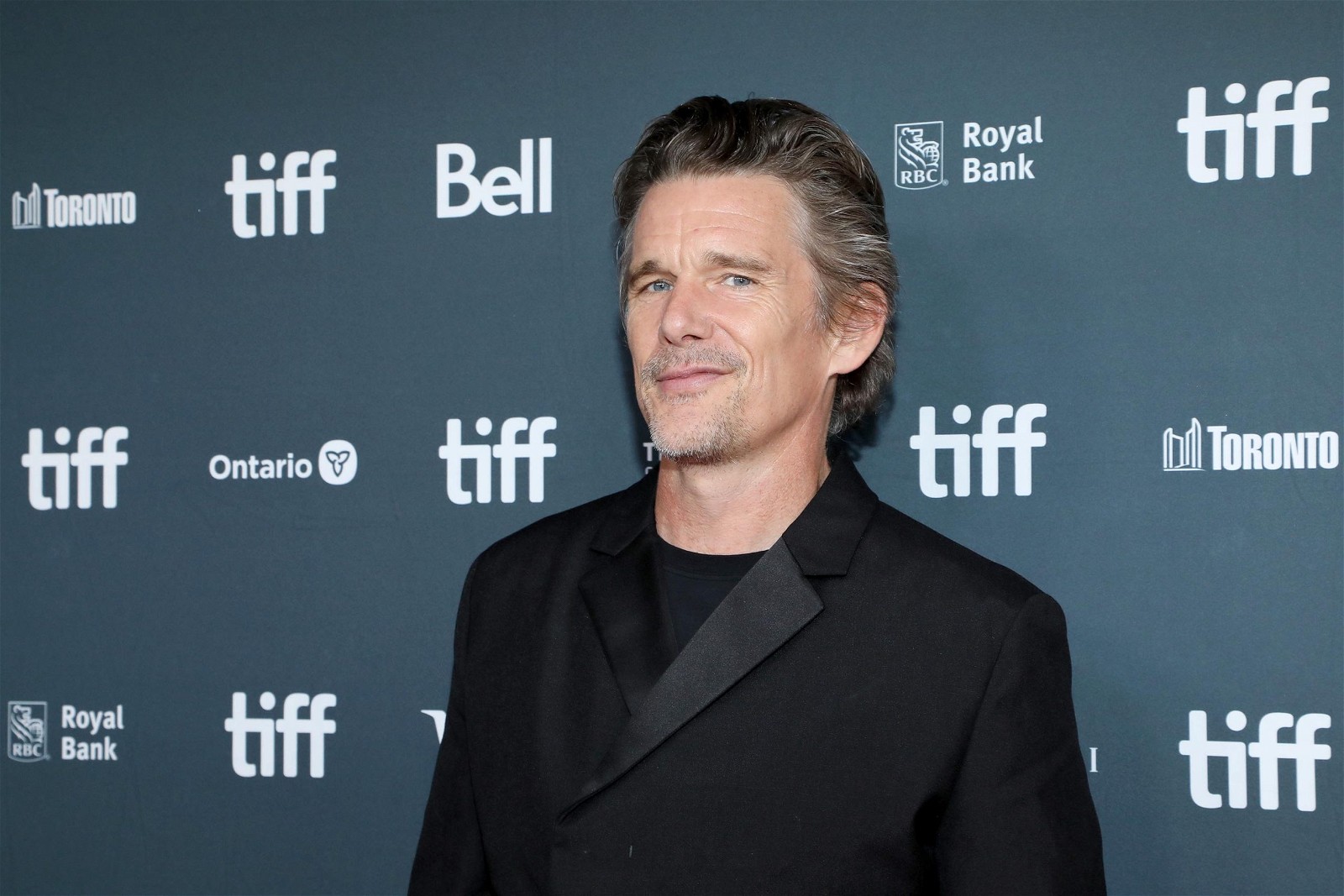
In a 2017 interview with The Daily Beast, Ethan Hawke expressed his thoughts about Scorsese’s movie The Wolf of Wall Street. The Before Sunrise actor said he enjoyed the movie, but it bothered him with some not-so-good messages. In the interview, Hawke asserted:
“The Wolf of Wall Street is a dangerous, incendiary work of art. You leave the theatre thinking, ‘Wait a second. I was just force-fed misogyny and awful behaviour for three hours, but I’m very unsure of things.”
The star further stated:
“This is really playing with my head.”
He added:
“That movie’s haunted me for a year.”
Hawke felt that The Wolf of Wall Street deserved more attention despite this. He said people were all hyped about American Hustle (which is like a Scorsese-style flick), but The Wolf of Wall Street was a real deal.
Leonardo DiCaprio Reveals Martin Scorsese’s Intentions Behind The Wolf of Wall Street
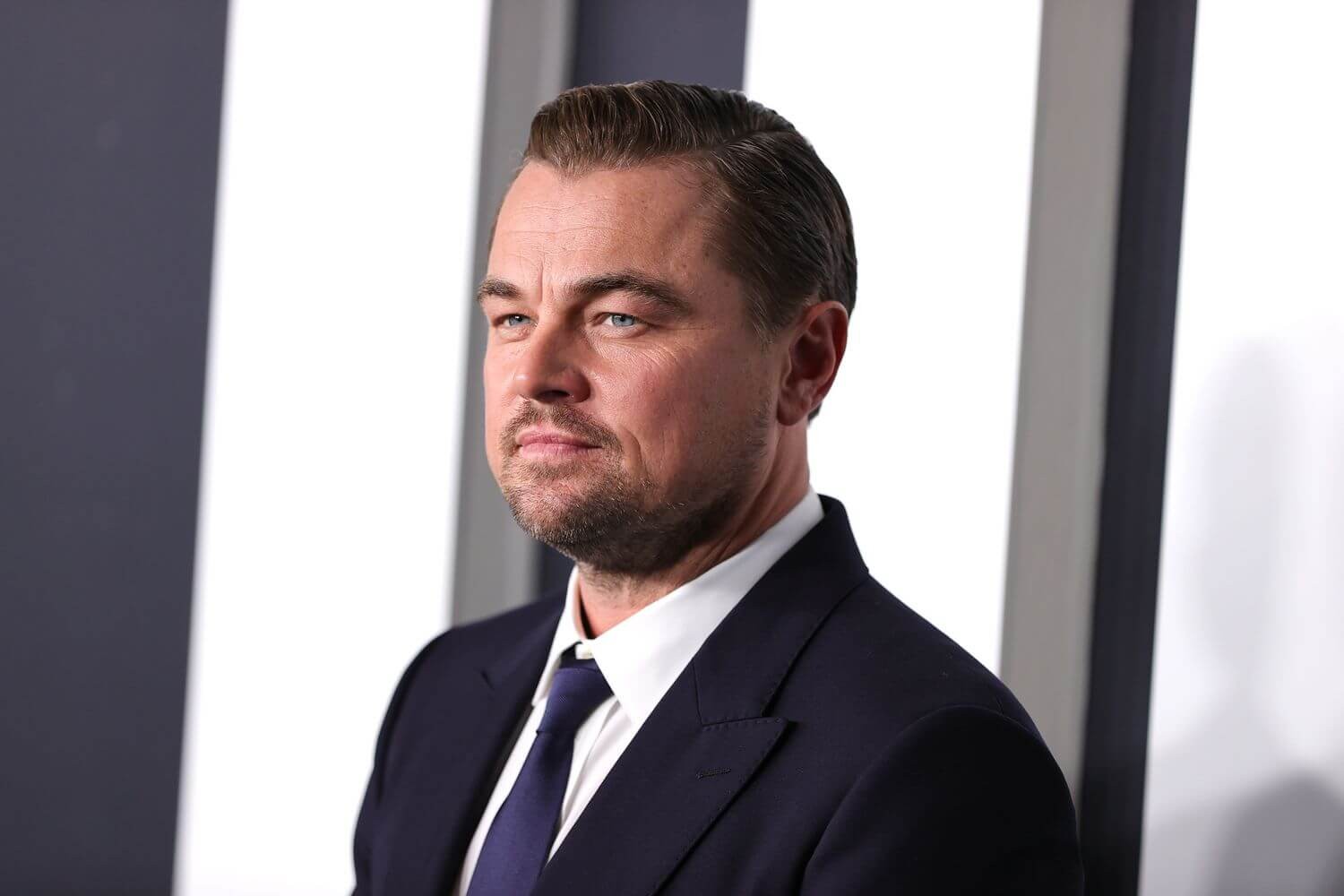
The Wolf of Wall Street indeed made a lot of money at the time of its release. But people raised a few concerns about how it’s all about glorifying the misogynistic lifestyles of the movie characters. Besides this, the movie made $406.9 million worldwide — the highest-grossing movie of Scorsese.
The movie even got a shot at winning Best Picture at the 2014 Oscars, but guess what? It didn’t win, and 12 Years a Slave took the award instead.
Later, Leonardo DiCaprio explained to The Hollywood Reporter that the movie wasn’t trying to glamorize any lifestyle — it was just “an indictment of this world”:
“We don’t like these people, you know what I mean? But we very consciously said, ‘Let’s insulate the audience in the mindset of what these people’s lives were like so we better understand something about the very culture that we live in.’ We very purposely didn’t do the traditional approach of cutting away to the people affected by this.”
Leo also said that even the filmmaker wasn’t all about cheering for those characters — he was just interested in exploring their life and what happened to them.
Source: The Daily Beast, The Hollywood Reporter

